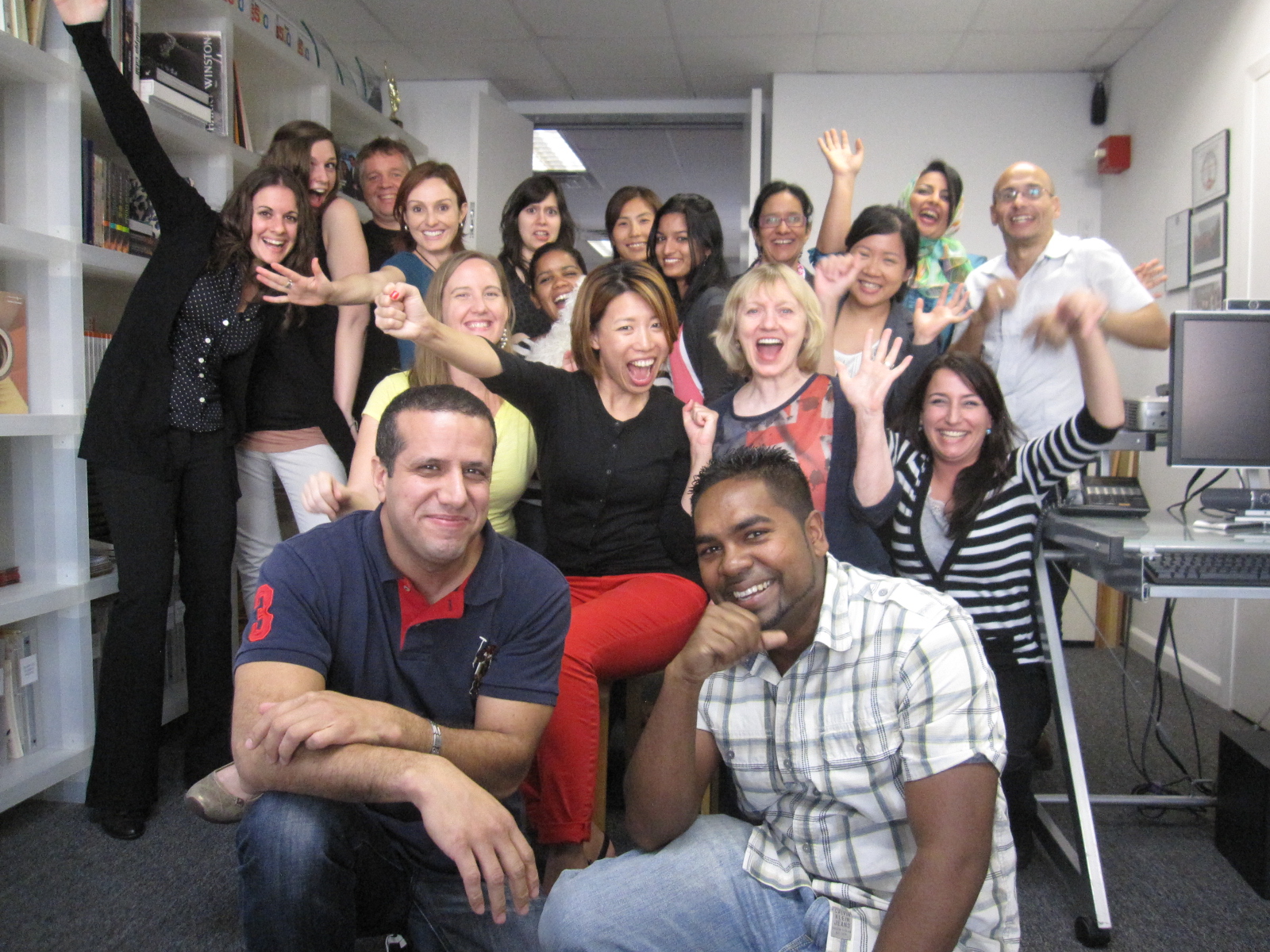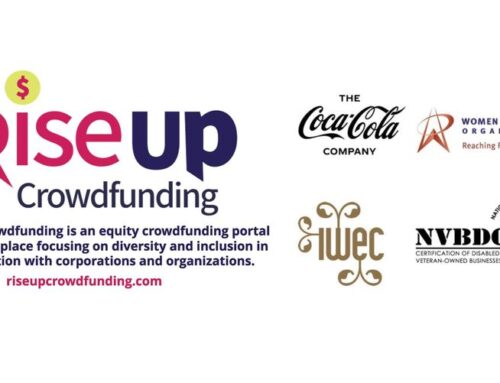by Vigdis Eriksen & Jennifer Murphy, Eriksen Translations
The U.S. workforce is undergoing a significant demographic transformation. Americans are more racially and ethnically diverse than ever before, and are projected to become even more diverse in coming decades. Based on labor force projections from the Bureau of Labor Statistics and trends in college completion among different demographic groups, people of color are projected to comprise the majority of the working class by 2032.1
Companies with diverse workforces perform better financially. A study by McKinsey shows that gender-diverse companies are 15% more likely to perform above national industry medians, while ethnically diverse companies are 35% more likely to perform above national industry medians.2 This makes a compelling case for a diverse workforce. It’s no surprise then that companies are now spending millions on diversity programs and initiatives to create more inclusive workforces.
How do diverse employees benefit business?
- Creative problem solving. Many studies have shown that diverse teams are more likely to discover innovative solutions.3 Diversity brings together individuals with different backgrounds, perspectives, and opinions. It’s a greater challenge for a homogeneous team without a broad range of experiences and insights to find innovative solutions. And, in today’s business world, creativity is critical to meeting the demands of a complex, diverse marketplace.
- Employees who are exposed to different cultures and perspectives on a daily basis become open to new viewpoints.4 They develop a greater willingness to cooperate with people of differing opinions, which leads to a team that is better positioned to collaborate and thrive.
- Cross-cultural intelligence. Following the trajectory of society as a whole, your client base is likely becoming more and more diverse. Build a company that reflects the world around you. To meet the needs of a multicultural client base, different skills and worldviews (languages, cultural understanding), will help your team tailor its customer service approaches and develop meaningful partnerships across cultural boundaries.
- Expanding your talent pool. Diversity matters to job seekers. A Glassdoor survey found that two-thirds (67%) of job seekers consider a diverse workforce an important factor when evaluating companies and job offers.5
- Crossing language barriers. Employing staff who can speak to multilingual clients in their native language can increase the likelihood of making sales and developing long-term business relationships.
How to get there
In efforts to increase workforce diversity, companies are taking a hard look at conventional hiring practices and, in some cases, adopting new strategies. Hiring managers are paying more attention to the unconscious biases that influence hiring. Some organizations are placing less emphasis on traditional selection factors such as advanced degrees, college attended, and GPA. Traditional interviews are being replaced with problem solving exercises, a tactic that helps hiring companies focus on performance and avoid subtle biases in hiring.
New platforms are hitting the market to provide solutions intended to interrupt hiring bias. Gap Jumpers helps companies vet tech talent through blind auditions, which test for skills relevant to the job, in order to help employers select high-quality candidates who might be weeded out through more traditional interview criteria. Textio and Unitive help companies expand their employment base to include underrepresented groups by modifying their job ads to attract more qualified, diverse talent.
Of course, it’s not enough just to hire a diverse workforce. An inclusive company culture needs to promote different ways of thinking at every level. Management practices must be integrated and aligned with efforts made to support the representation and success of diverse individuals at all tiers of the organization.
Diversity and inclusion is a topic close to our hearts here at Eriksen. We are fortunate to be part of an industry that, by its nature, leads to a diverse workplace. 62% of those who work in the translation and interpreting field are female6, as compared to the U.S. workforce at large, which is comprised of 47% women7. We are proud that Eriksen is woman-owned, with a staff who vary with respect to ethnicity, nationality, age, religious beliefs, sexual orientation, and linguistic backgrounds. These differences make us into a strong, inclusive, collaborative team, one that is open to new ideas and always excited to connect with diverse people around the world.
Sources:
- Wilson, Valerie. “People of color will be a majority of the American working class in 2032.” Economic Policy Institute, June 9, 2016, http://www.epi.org/publication/the-changing-demographics-of-americas-working-class/. Accessed January 4, 2017.
- Hunt, Layton, and Prince. “Why Diversity Matters.” McKinsey & Company, January 2015, http://www.mckinsey.com/business-functions/organization/our-insights/why-diversity-matters. Accessed January 4, 2017.
- Hewlett, Marshall, and Sherbin. “How Diversity Can Drive Innovation.” Harvard Business Review, December 2013, https://hbr.org/2013/12/how-diversity-can-drive-innovation. Accessed January 19, 2017.
- Phillips, Katherine. “How Diversity Makes Us Smarter.” Scientific American, October 1, 2014, https://www.scientificamerican.com/article/how-diversity-makes-us-smarter/. Accessed January 19, 2017.
- Glassdoor Team. “What Job Seekers Really Think of Your Diversity Stats.” Glassdoor blog, November 17, 2014, https://www.glassdoor.com/employers/blog/diversity/. Accessed January 4, 2017.
- Sentz, Rob. “Industry Report: Translation and Interpretation Services.” Emsi, March 21, 2012, http://www.economicmodeling.com/2012/03/21/industry-report-translation-and-interpretation-services/#. Accessed January 19, 2017.
- “Latest Annual Data” United States Department of Labor, 2015, https://www.dol.gov/wb/stats/latest_annual_data.htm#labor.
Accessed January 19, 2017.
Eriksen Translations Inc. helps companies reach their audiences in the domestic and global marketplace. Founded in 1986, Eriksen provides multilingual services in over 100 languages, offering translation, interpreting, desktop publishing, web and multimedia localization, cultural consulting, transcription, and voiceover and subtitling services to clients worldwide. Eriksen is certified as a woman-owned business enterprise (WBE) by the Women’s Business Enterprise National Council (WBENC) and the City and State of New York. For more information, contact Director of Marketing Jennifer Murphy at 718-802-9010 or jennifer.murphy@eriksen.com.


